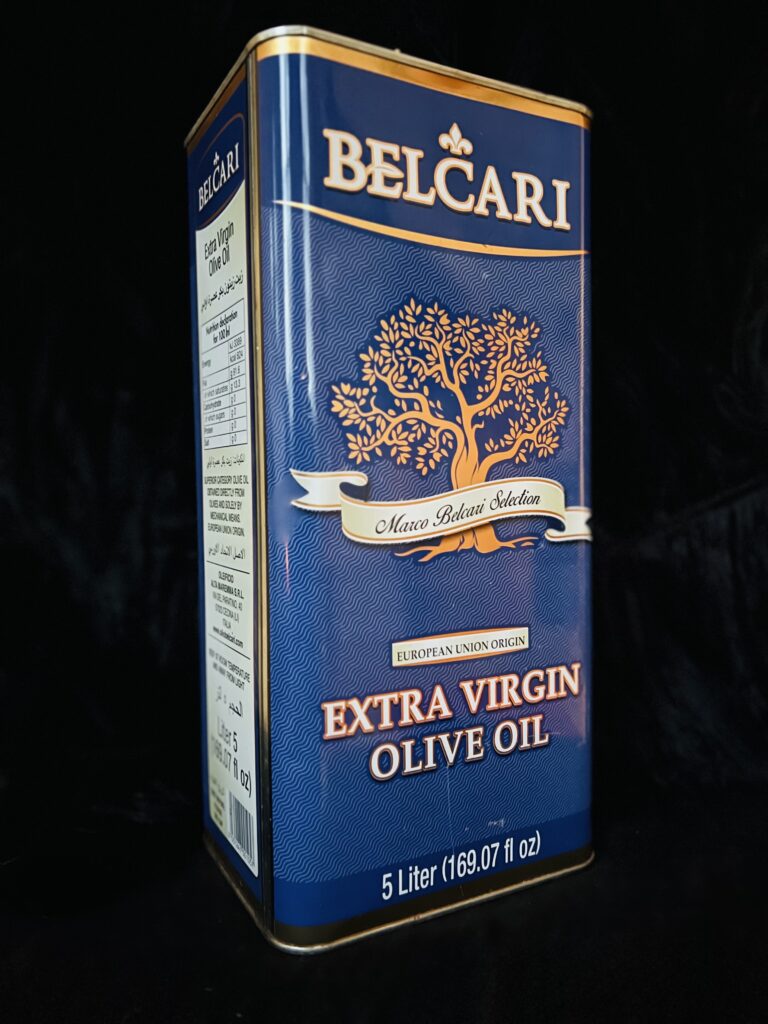



Objects of Refugeetude
In my creative project, a photo series of “objects of refugeetude” I reflect on this journey of my grandmother’s act of collecting things perceived to have no value and transforming them into products of value. By redirecting the dominant perception of refugee as a temporary legal designation and a condition of social abjection toward the refugee as an enduring creative force, refugeetude opens up new ways of conceptualizing refugee subjects and the relationalities that extend beyond the parameters of refugeeness, generating connections to past, present, and future forms of displacement.
To me, these objects are vessels or containers of my grandmother’s refugeetude. The fact that she possessed these objects, transformed them and engaged with them in the manner that she did indelibly alters the meaning they hold for me today. They are not so much relics of the struggle and lack of money that shaped the family, but a reflection of the creativity my grandmother possessed – objects of her agency. Whilst the labels associated with my grandmother’s legal status changed over time, her refugee past often punctured her resident present, stretching out indefinitely and in ways that extend to everyday family and community life.1 The endurance of the “habit” of collecting trash, as my mother refers to it, to me, points to a state of living with instability, and a fear that one could be displaced and dispossessed again.
The photos in my series have been purposely treated, stylised and shot as though it were a contemporary product shot to view them in an aspirational light rather than one tainted in the struggle and violence from the experience of seeking refuge. While they are trash and objects of refuge, these product shots are an attempt to evoke and capture the value imposed on them through my grandmother’s creativity and vision. My hope was to showcase these images as an experiential resource for developing significant and durable ways of being in and moving through the world as a refugee subject.
1 Sakti and Amrith 457